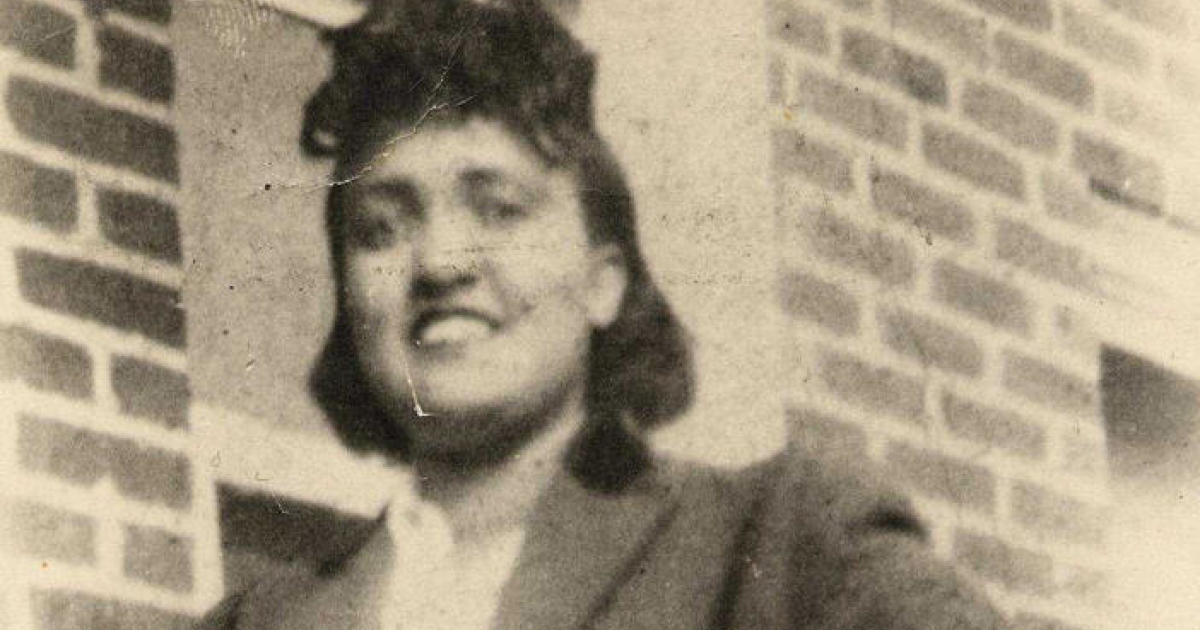
HeLa cells lawsuit is settled
Submitted by:
Andrew Warmington
Thermo Fisher Scientific has settled a lawsuit brought by the estate of Henrietta Lacks, whose cells have been used extensively in biomedical research since her death in 1951 at the age of 31. Terms were not disclosed but attorneys on both sides said that they were satisfied.
Lacks (pictured), an African-American woman who worked on tobacco farms, suffered from a highly aggressive form of cervical cancer. Tissue from her body was harvested at Johns Hopkins Hospital in Baltimore without her knowledge during a medical procedure eight months before her death, something that was common at the time.
The ‘HeLa’ line of cells cultivated from the tissues was the first that was able to survive and reproduce indefinitely in Petri dishes under laboratory conditions. It has since been used to test the polio vaccine, research the effects of radiation on human cells and develop a treatment for sickle-cell anaemia, among other things. Thermo Fisher still sells various HeLa-related product lines, such as peptide and RNA standards.
Although Lacks’ family had long complained about this, there had been little knowledge of the case before Rebecca Skloot's best-selling book The Immortal Life of Henrietta Lacks’ was published in 2010. It was turned into a feature film in 2017. In 2021, her descendants sued Thermo Fisher, saying they had “not seen a dime” of all the money the company and its predecessors had made from HeLa cells.
